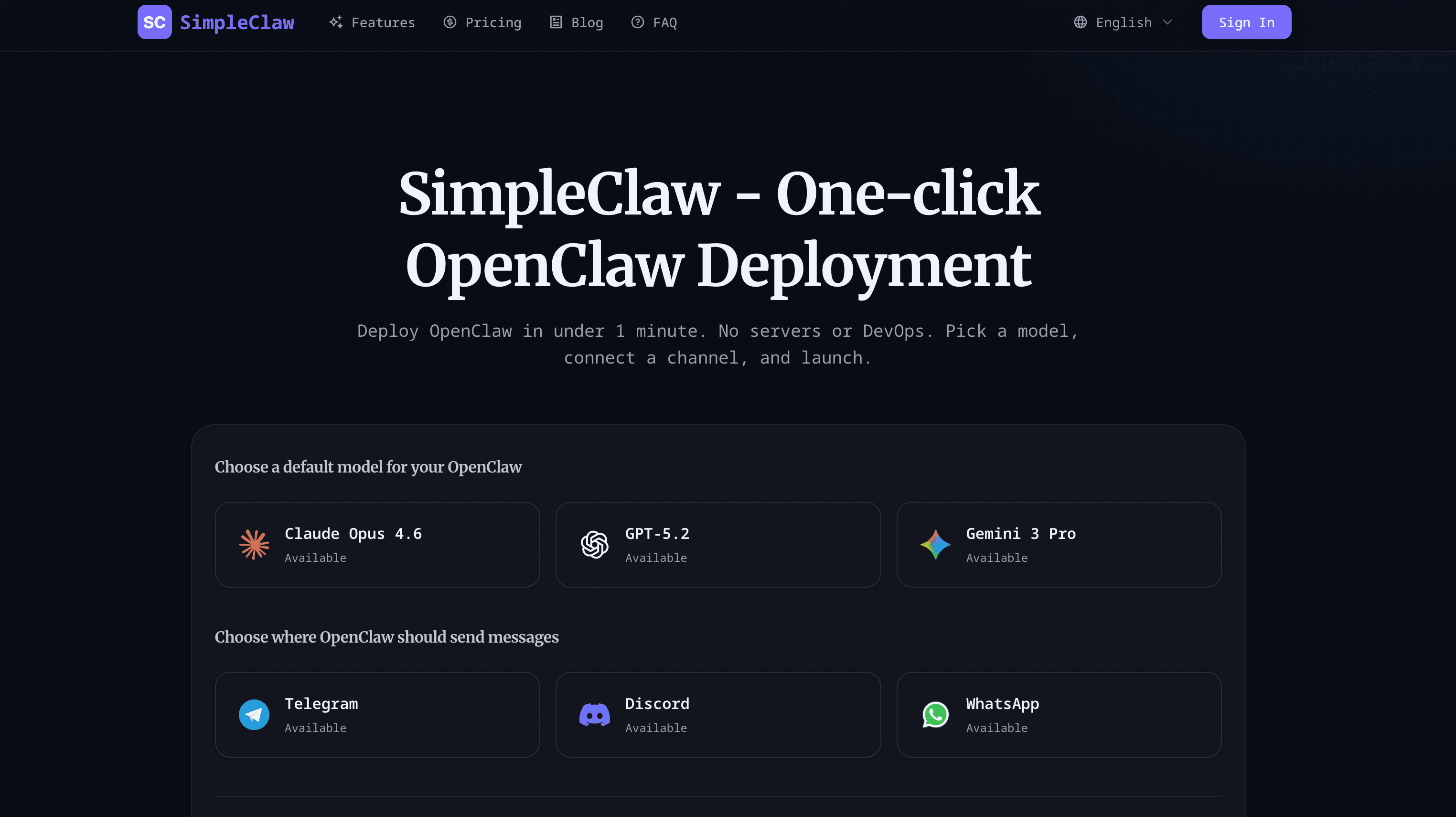Gluu Server vs. AWS Cognito
Gluu Server
Gluu offers various authentication solutions based on open-source software. There is a self-hosted solution, a managed solution, and a free fully open-source solution based on the Linux Foundation Janssen Project.
AWS Cognito
Amazon Cognito is an identity platform for web and mobile apps. It’s a user directory, an authentication server, and an authorization service for OAuth 2.0 access tokens and AWS credentials. With Amazon Cognito, you can authenticate and authorize users from the built-in user directory, from your enterprise directory, and from consumer identity providers like Google and Facebook.
Reviews
Reviews
| Item | Votes | Upvote |
|---|---|---|
| No pros yet, would you like to add one? | ||
| Item | Votes | Upvote |
|---|---|---|
| No cons yet, would you like to add one? | ||
| Item | Votes | Upvote |
|---|---|---|
| No pros yet, would you like to add one? | ||
| Item | Votes | Upvote |
|---|---|---|
| No cons yet, would you like to add one? | ||
Frequently Asked Questions
AWS Cognito and Gluu Server have different strengths that cater to various needs. AWS Cognito is a comprehensive identity platform for web and mobile apps, providing features such as built-in user directories, authentication servers, and OAuth 2.0 access tokens. It is well-integrated with other AWS services, making it a strong choice for applications already within the AWS ecosystem. Gluu Server, on the other hand, offers various open-source authentication solutions, including self-hosted and managed options. It is particularly appealing for those who prioritize open-source software and need flexibility in deployment. The choice between the two depends on factors such as your existing infrastructure, budget, and preference for open-source solutions.
AWS Cognito is designed for high scalability, leveraging Amazon's robust cloud infrastructure to handle large numbers of users and authentication requests seamlessly. It is ideal for applications expecting rapid growth and high traffic. Gluu Server also offers scalable solutions, particularly with its managed and self-hosted options, but the scalability might require more hands-on management compared to AWS Cognito. If ease of scalability is a primary concern, AWS Cognito may be the better choice due to its seamless integration with AWS's scalable cloud services.
AWS Cognito offers extensive integration capabilities with various third-party services, including consumer identity providers like Google and Facebook, as well as enterprise directories. This makes it highly versatile for different authentication needs. Gluu Server also supports integration with third-party services, particularly through its open-source components and adherence to open standards. However, AWS Cognito's integration with other AWS services and its comprehensive support for third-party providers may make it the more straightforward choice for developers seeking robust and diverse integration options.
Gluu Server is a platform that offers various authentication solutions based on open-source software. It includes a self-hosted solution, a managed solution, and a free fully open-source solution based on the Linux Foundation Janssen Project.
Gluu Server offers three types of authentication solutions: a self-hosted solution, a managed solution, and a free fully open-source solution based on the Linux Foundation Janssen Project.
Yes, Gluu Server provides a free fully open-source solution based on the Linux Foundation Janssen Project.
The Linux Foundation Janssen Project is an open-source initiative that Gluu Server uses for its free, fully open-source authentication solution.
As of now, there are no user-generated pros and cons available for Gluu Server.
Amazon Cognito is an identity platform for web and mobile apps. It serves as a user directory, an authentication server, and an authorization service for OAuth 2.0 access tokens and AWS credentials. With Amazon Cognito, you can authenticate and authorize users from the built-in user directory, from your enterprise directory, and from consumer identity providers like Google and Facebook.
Pros of AWS Cognito include its generous free tier, low price per monthly active user, and strong integration with the AWS ecosystem. These features make it a cost-effective and scalable solution for user authentication. However, some users may find the setup and configuration complex if they are not familiar with AWS services.
AWS Cognito can handle authentication from the built-in user directory, enterprise directories, and consumer identity providers like Google and Facebook. This makes it versatile for different types of applications and user bases.
Yes, AWS Cognito is suitable for large-scale applications due to its scalability and integration with the AWS ecosystem. It can handle a high number of users and provides features like multi-factor authentication and encryption for added security.
Yes, AWS Cognito integrates seamlessly with other AWS services such as AWS Lambda, Amazon API Gateway, and Amazon S3. This allows developers to build comprehensive solutions with secure user authentication and data management.




















